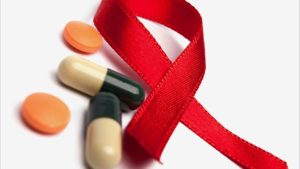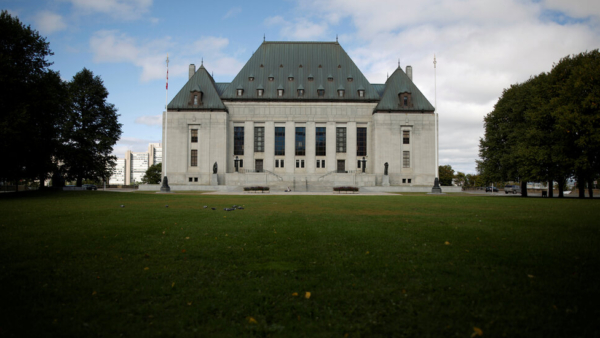Overview
British Columbia has seen developments in its criminalisation of HIV since the 2017 federal directive was issued. On the same day as that directive was released, British Columbia Attorney General stated that there would be a review of provincial prosecutorial policy to determine to what extent its guidance should be updated. Although Attorney General David Eby said that he expected provincial policies to be “modernized and enhanced”, he did not commit to full alignment with the federal directive.
The first signs of development of the legal position on HIV criminalisation came in 2018. In May, a non-disclosure case against a man living with HIV was dropped after it emerged that he had an undetectable viral load and could not transmit at the time. The man had been accused in 2017 of not disclosing his HIV status to multiple sexual partners, most of whom came forward after his name and picture were published, resulting in twelve counts of aggravated sexual assault being laid against him. The handling of the case was criticised by HIV advocates – not only was there no possibility of transmission, the police failed to properly inform the complainants of this – and demonstrated the inadequacy of British Colombia’s prosecutorial policy.
In June 2018, the British Columbia Prosecution Service issued guidance which was deemed inadequate and unclear, offering little detail as to when people living with HIV must disclose their status and which circumstances would lead to prosecution.
The following April (2019), updated prosecutorial guidance was issued which provided clarity on when prosecutions for HIV non-disclosure would apply in British Columbia. The guidance stated that where a prosecution is being considered for aggravated sexual assault, prosecutors “must ensure that current scientific knowledge informs their charge assessment decisions and must exercise caution when considering prosecution”, weighing “the need to protect the general public and the individual” while also ensuring that “persons living with HIV are not subject to criminalization or stigmatization solely based on their illness.”
The guidance sets out an ‘evidentiary test’ that must be satisfied, specifically that the accused must have been aware of their HIV status, failed to disclose their status, engaged in a sexual act which resulted in transmission or involved a realistic possibility of transmission (per R. v Mabior), and the complainant would not have consented to the act if they were aware of the accused’s status. The guidance explained that in certain circumstances which eliminate the risk of transmission, charges for a non-disclosure allegation “should not be approved”. Specifically, these circumstances are where the person used a condom and had a low viral load (under 1500 copies/ml), adhered to a regime of antiretroviral therapy and maintained a suppressed viral load (under 200 copies/ml) for consecutive tests over four to six months, or only engaged in oral sex without any other risk factors.
However, the guidance also notes a ‘public interest test’ which includes factors that weigh for and against prosecution, among which the use of a condom is a factor which should weigh against, though not eliminate, prosecution. As such, the guidance was criticised for not fully precluding prosecution where condoms were used (for instance, if the accused did not have a low viral load), and therefore for failing to properly keep up with scientific evidence.
The HIV Legal Network’s research revealed that there have been at least 24 HIV non-disclosure cases in British Columbia since 1989. Our case reports show that several prosecutions were against migrants, and in at least one case the accused was deported following conviction. In addition, in a 2018 case a person living with HIV was charged under section 99 of the Public Health Act for allegedly failing to abide by orders issued by health officials. This case was described as ‘unprecedented’, with health officials noting that courts have only be asked to enforce health directives in a ‘handful’ of cases. In October 2018 the man was convicted and received 18 months’ probation.
A May 2020 ruling by the British Columbia Court of Appeal led to a concurring decision by the Supreme Court (see federal overview) in which it was held that a failure to uphold an agreement to wear a condom during sex could vitiate consent and therefore amount to sexual assault. In this specific case a retrial was ordered after the trial judge accepted the accused’s claim that there was no evidence to support the claim of dishonesty. Although this case did not relate to HIV, it may prove relevant to HIV non-disclosure cases.
For more information on the current state of the law and prosecutorial guidelines in Canada, visit the HIV Legal Network’s HIV criminalisation microsite.
Laws
Acknowledgements
One of the world’s leading organisations tackling the legal and human rights issues related to HIV, and advocating at both the policy and community levels.








